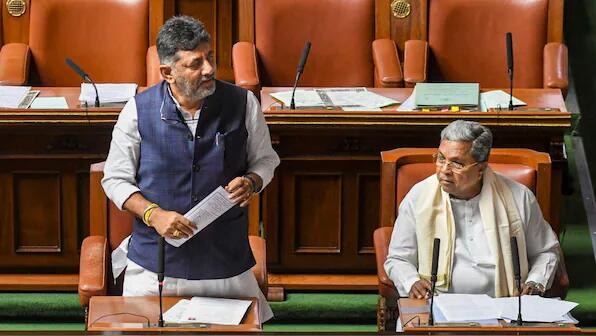The Karnataka government has recently proposed a bold reservation policy aimed at boosting employment opportunities for local residents in the private sector. This initiative has sparked significant debate and discussion among various stakeholders. Let’s explore the key aspects of this proposed legislation and its potential implications.
Understanding the Reservation Bill
The Karnataka State Employment of Local Candidates Bill, 2024, introduces a reservation system for private sector jobs. This policy aims to prioritize employment for Kannadigas, the local residents of Karnataka.
Key Features of the Reservation Policy:
1. Management Positions: 50% reservation for local candidates
2. Non-Management Roles: 70% reservation for Kannadigas
3. Definition of Local Candidates: Individuals born in Karnataka, residing in the state for 15 years, and proficient in Kannada
Eligibility Criteria for Local Candidates
To qualify as a local candidate under this reservation policy, applicants must meet specific criteria:
1. Birth in Karnataka
2. Minimum 15-year residency in the state
3. Ability to speak, read, and write Kannada fluently
4. Possession of a secondary school certificate with Kannada as a language, or passing a Kannada proficiency test
The Reservation Controversy
Initially, Chief Minister Siddaramaiah’s social media post suggested a 100% reservation for Kannadigas in Group C and D jobs. However, this statement was later retracted, leading to clarifications from government officials.
Revised Reservation Figures:
– Management Level: 50% reservation
– Non-Management Level: 70% reservation
Implementation Challenges and Flexibility
The bill acknowledges potential challenges in finding suitable local candidates. To address this, it includes provisions for flexibility:
1. Training Programs: Companies can collaborate with the government to train local candidates within three years
2. Relaxation Clause: If qualified local applicants are unavailable, companies may apply for relaxation in reservation percentages
3. Minimum Reservation: Even with relaxations, the reservation cannot fall below 25% for management and 50% for non-management categories
Enforcement and Penalties
To ensure compliance with the reservation policy, the bill proposes penalties for non-adherence:
1. Fines ranging from Rs 10,000 to Rs 25,000 for employers or managers failing to comply
2. Regular monitoring and reporting mechanisms to track implementation
Industry Concerns and Government Response
The proposed reservation policy has raised concerns among industry leaders, particularly in the technology sector. Some key issues include:
1. Potential discrimination against non-local workers
2. Impact on Karnataka’s position as a tech hub
3. Possible relocation of companies due to hiring restrictions
4. Challenges in finding skilled local talent for specialized roles
Industry Feedback:
– Kiran Mazumdar Shaw, Executive Chairperson of Biocon Limited, emphasized the need for skilled talent and suggested exemptions for highly skilled recruitment
– Mohandas Pai, Chairman of Aarin Capital Partners, criticized the bill as discriminatory and unconstitutional
– Nasscom, the IT industry body, requested the withdrawal of the bill, citing concerns about tech industry growth and potential job losses
In response to these concerns, the Karnataka government has promised:
1. Wider consultations with industry stakeholders
2. Addressing concerns to safeguard both Kannadigas’ interests and industrial growth
3. Ensuring Karnataka remains a progressive and attractive destination for businesses
Government Assurances:
– MB Patil, Commerce & Industries Minister, committed to wider consultations and protecting both Kannadiga and industry interests
– Priyank Kharge, Minister for Electronics, assured that the labor department would consult with relevant ministries and industries before finalizing the rules
The Path Forward
As the reservation policy continues to evolve, the Karnataka government faces the challenge of balancing local employment needs with the state’s economic growth. The coming weeks will likely see further discussions and potential modifications to the proposed bill.
Key Considerations for Policy Refinement:
1. Balancing local employment promotion with industry requirements
2. Addressing skill gaps through targeted training programs
3. Exploring sector-specific exemptions or modifications
4. Implementing a phased approach to allow for smoother transition
Conclusion: Striking a Balance
The Karnataka government’s reservation policy represents a bold attempt to address local employment concerns. However, its success will depend on finding a balance between promoting local job opportunities and maintaining Karnataka’s competitive edge in attracting businesses. As the debate continues, all eyes will be on how the state navigates this complex issue while striving to create a win-win situation for both local residents and industries.
The outcome of this policy could set a precedent for other states grappling with similar challenges, making it a crucial test case for balancing regional interests with national economic growth in India’s diverse and dynamic job market.
ALSO READ: Are Attacks in Jammu Planned to Shift Focus and Create Disturbance in Kashmir?
